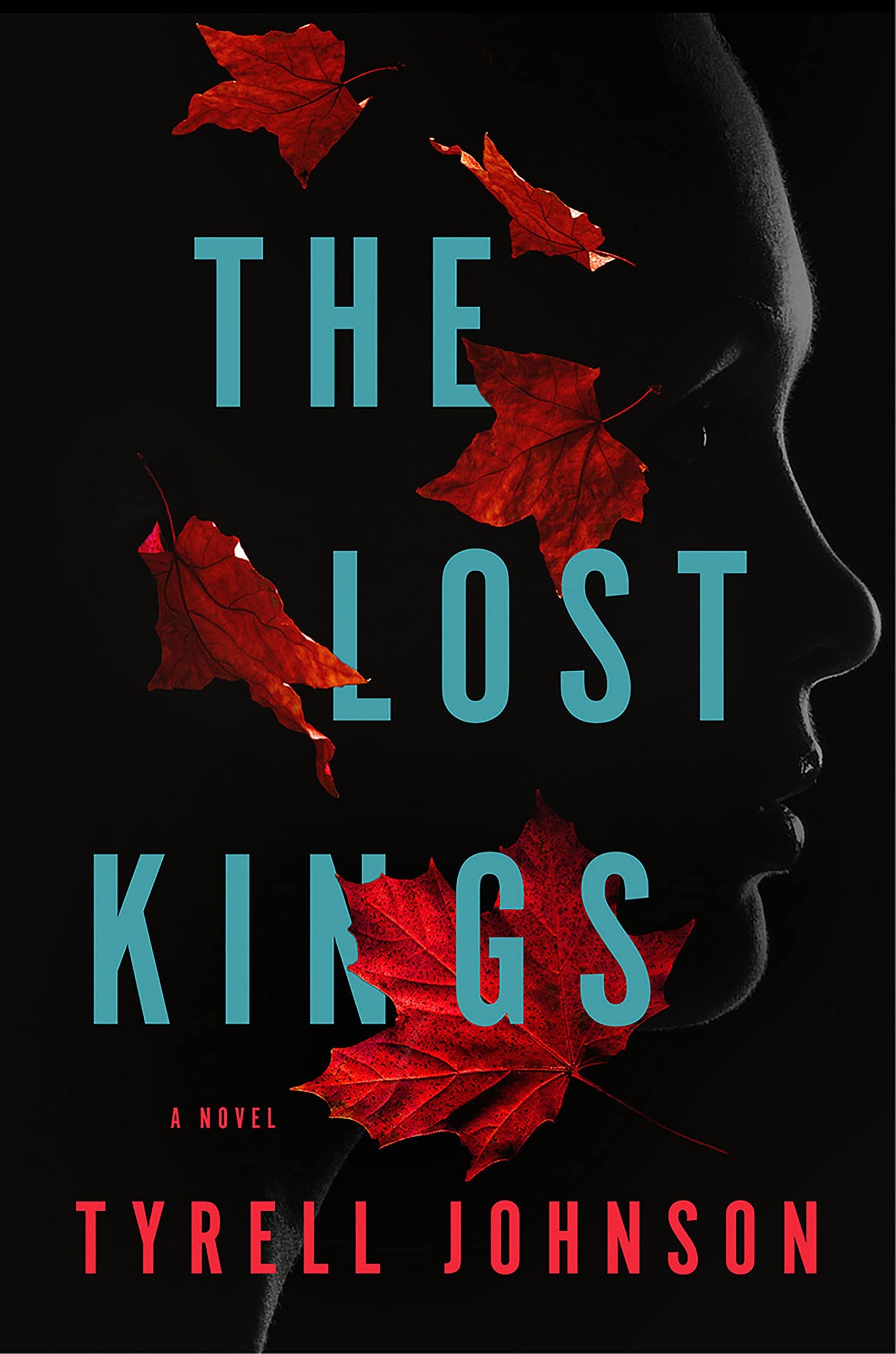Main characters, especially damaged, baggage-laden, snarky ones, tend to be fairly illusive. It’s tricky to get at the heart of what really makes them tick. But with this buzz-worthy, clickbait list of tools you’ll need, you’ll be able to lure, trap, and successfully write about your local damaged character.
1. Hard candy
Damaged characters need sweetness in their lives. They’re constantly looking for the next thing that’s going to give them immediate joy but with lasting, emotional repercussions. In my novel The Lost Kings, the protagonist, Jeanie King, is involved in numerous self-destructive behaviors such as drinking too much and sleeping with a married man. That’s why hard candy (think Werther’s Original) is the perfect lure for characters like her. It promises sweetness, but is ultimately disgusting, which will give your character the perfect amount of immediate gratification along with the tongue-slicing, teeth-gnashing pain they so crave.
2. Hand Mirror
Once you’ve lured in the specimen with hard candy, that’s when you take out a hand mirror—something small that you can carry in your back pocket. While they’re sucking on the hard candy, hold up the mirror to their face. First of all, no one looks their best while eating hard candy, second of all, damaged characters hate and love mirrors. They hate taking a hard look at who they’ve become but are also absurdly fascinated with the process. Is that me? some part of them thinks. Is that really who I am? No damaged character is truly happy with who they are in the moment, and yet, when presented with the facts, they tend to enter into a state of shock. (Please skip the next sentence; it’s another shameless plug). When Jeanie King is confronted by her childhood sweetheart, who claims to know the location of her long lost father in The Lost Kings, Jeanie is frozen to the spot, unable to come to grips with the mysteries of her past and the image she has of her present self.
3. Rope
Now, while the character is cutting their tongue and gums with the lacerating hard candy, staring at the image of themselves and wondering how they’ve become the person they see in front of them, that’s when you bring out the rope. The trick here is to get a hold of their hands without them noticing. They’ll be fairly catatonic at this point, so it won’t take much. Once you’ve tied their hands behind their backs, they’ll know the jig is up. The knot doesn’t even have to be tight. Damaged characters like being led to their own destruction. They like finding where the wound is and sticking their fingers in. They also like not having to make decisions for themselves. They like to let the blame fall on someone else, to claim to be the victim, even if it’s only for outward appearance. Lead them slowly away, tell them everything is going to be all right—they won’t believe you, but they’ll come along.
4. Getaway Car
This is the easy part. Once you’ve got your character tied up, self-conscious about the way they look, candy nearly coating their entire mouth, lead them to your getaway car. Let them sit in the front seat. Have a little empathy here. A damaged character isn’t born, they’re created. Chances are they’ve seen some shit. They probably want the same things as every other character you’ve ever captured, but they disguise it in self-righteousness or a hardened outer shell. Untie their hands too. Turn on the AC. Play their favorite music. Start the car and slowly begin to unravel the mysteries of their past, lead them to their epiphanies with gentleness and an understanding that, in the end, we all have baggage, we’re all damaged, and perfect characters are no fun to write about anyway because they’re not real.
At this point, you can put the car into gear, signal, shoulder check. Good. Now take them someplace surprising. Someplace new.
Tyrell Johnson is a father, writer, and editor. His post-apocalyptic novel The Wolves of Winter (Scribner 2018) was an international bestseller. Originally from Bellingham Washington, he now lives in Kelowna British Columbia.


